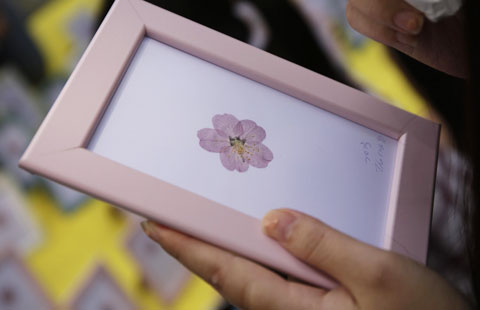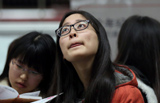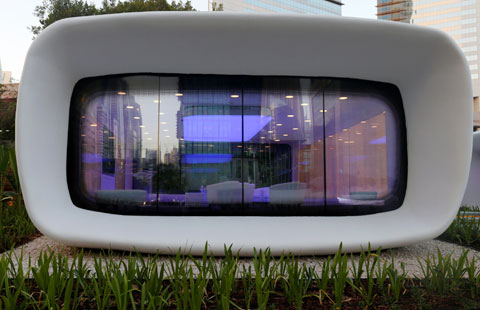Owning a car was like a dream come true for many people
By Gao Anming (China Daily) Updated: 2016-06-01 06:31For an average family in China now, owning a car is no longer a symbol of wealth or social status. But two decades ago, it was an enviable luxury few could afford.
I still remember vividly one evening 18 years ago: I was trying to hail a taxi when my wife suddenly asked: "When will we be able to buy a car?"
Frankly, I wasn't ready for a family car yet. I didn't even have a driver's license at the time, and a car wasn't something that I could afford with my meager income. But I told her all the same: "We'll buy a Daihatsu Charade in two years' time, I promise."
The Charade was an inexpensive model from Japanese carmaker Daihatsu assembled in Tianjin, which was then one of the most popular cars in China. But even that would cost at least 50,000 yuan, more than two years' salary for me.
But I was confident of the future. I did believe that a resilient Chinese economy would create wealth both for the nation as well as ordinary citizens. And my job at China Daily would give me a better chance to outpace average social income growth.
I was wrong, however, in predicting the time before I did lay hands on my own car. But I was right about income growth of the Chinese people that brought buying a car within reach.
My wife and I bought our first car five years later, three more than I had planned. The localized model of the Citroen was nearly triple the price of a Daihatsu and much better.
For those born before 1980s, a car wasn't merely a means of transport but a dream come true.
While I was young, private cars were virtually non-existent, and taxis were hardly seen on the streets. I remember coming home late during weekends in the 1970s when public buses were too crowded to get on. Occasionally my father would hail a cab. A short distance of 5 kilometers cost 10 yuan, one-tenth of his monthly salary.
Such experiences were unique to my generation or older people who were used to rationing for almost every item of daily necessities. An automobile belonged only to officialdom, and a professional driver was a coveted job.
Profound changes have taken place since the 1990s when families began to own cars. Reforms unleashed dynamism and creativity unparalleled in history, which have created fortunes for ordinary citizens. The relaxation of rules and the continuous rise of incomes have led to an explosive boom in auto production and sales, and China has been the world's biggest auto market since 2009.
The writer is deputy editor-in-chief of China Daily.
- Premier Li calls for passion in S&T innovation
- China to check halal food
- Action plan targets soil pollution
- Sexually abusive guardians must lose rights, top court reiterates
- Xi, Li see science as key to future
- Satellite industry raises sights-at least 100 'by 2020'
- China 'to press US' on maritime issues
- Media 'can help to defuse' conflicts
- Reaction mixed to new paid leave rule for single children
- Construction of new airport takes off in Chengdu







